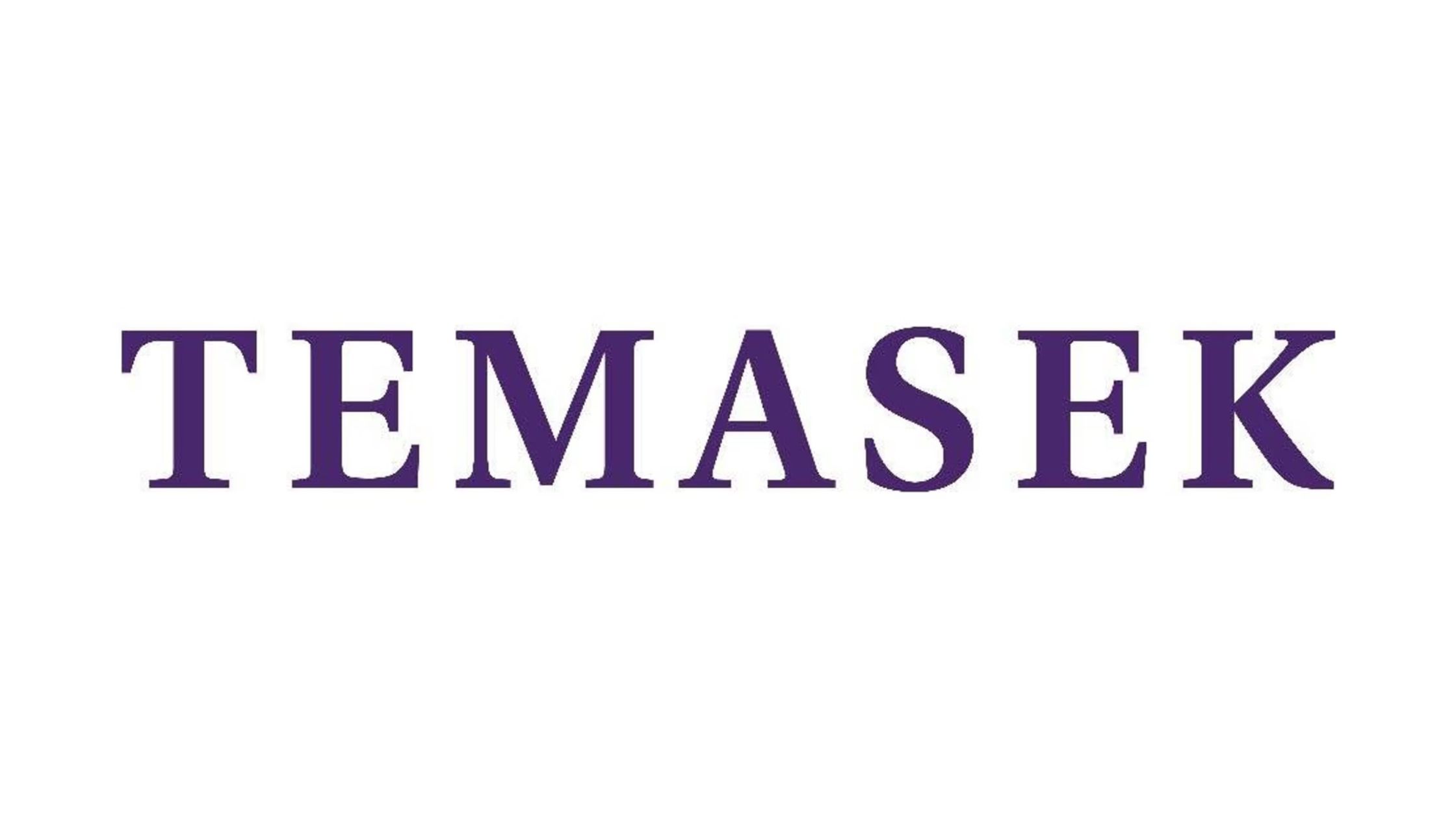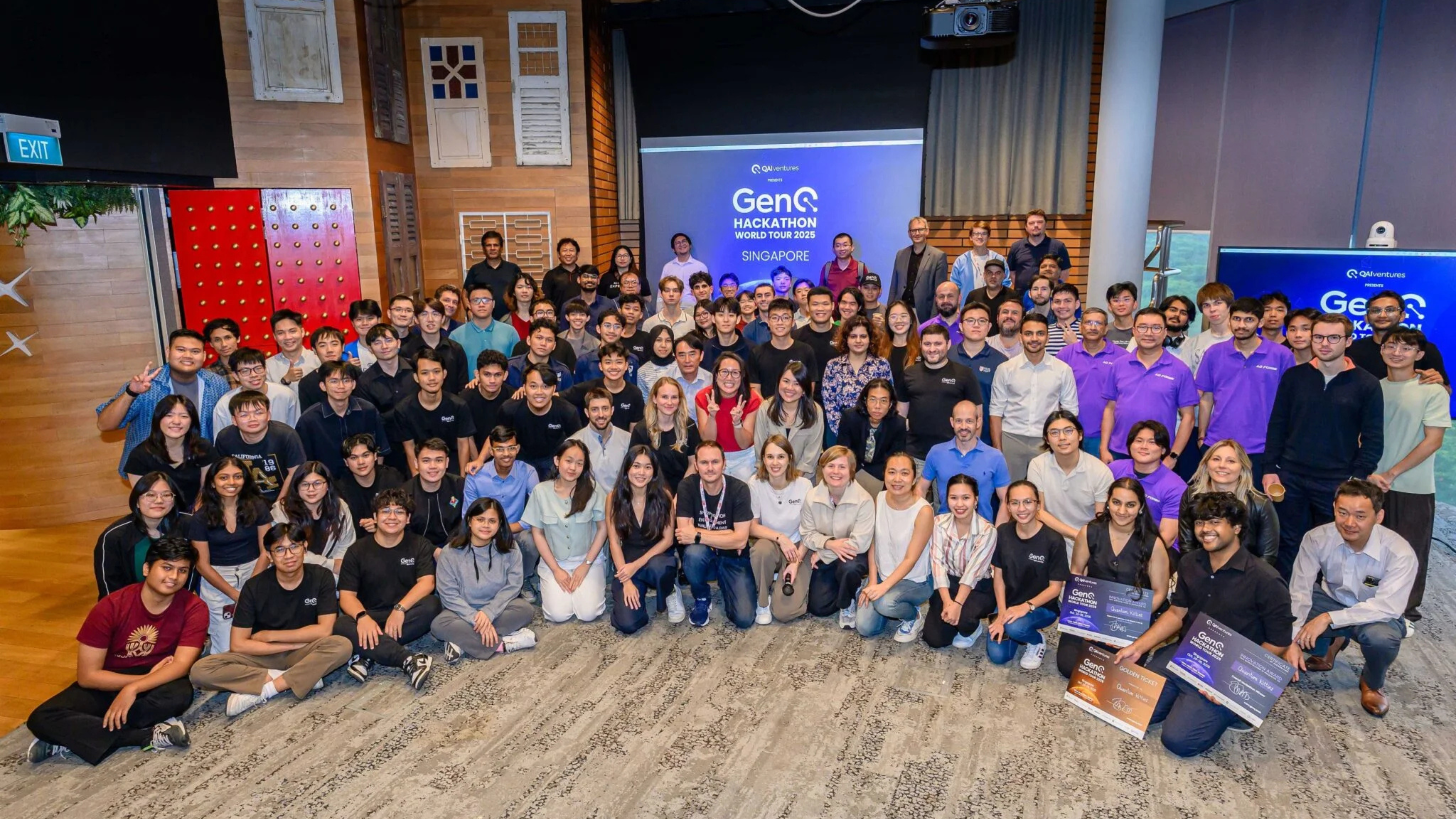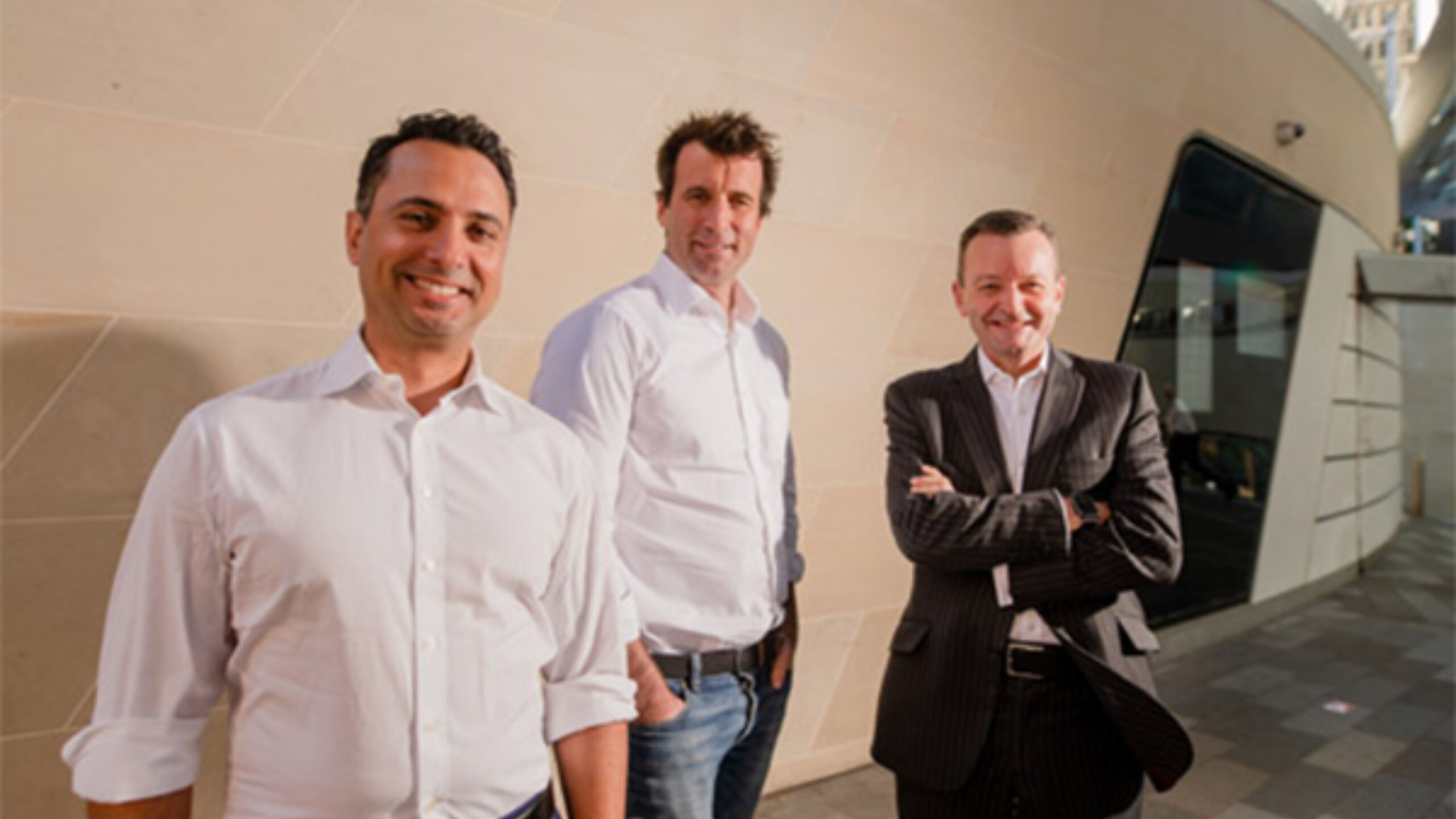AsiaTechDaily – Asia's Leading Tech and Startup Media Platform

Temasek Retreats from VC Space After High-Profile Startup Failures
Singapore’s state-owned investment firm Temasek is significantly pulling back from early-stage startup investments, shifting toward a more cautious strategy amid rising interest rates and past high-profile losses. The fund’s exposure to young, high-risk ventures has declined sharply, with growing concerns over the challenges these companies face in going public.
According to data cited by the Financial Times, Temasek reduced its early-stage investments by 88% over the past three years—from $4.4 billion in 2021 to just $509 million in 2024. The move comes after setbacks such as the collapse of the crypto exchange FTX, prompting the fund to scale down risk and focus on more stable opportunities.
Temasek’s shifting investment strategy reflects its cautious stance following high-profile failures. The Singapore state-owned investor wrote off a $275 million investment in crypto exchange FTX, which collapsed in 2022. The loss not only damaged its reputation but also prompted questions in Singapore’s parliament about the fund’s due diligence process. In response, Temasek reduced compensation for its investment team and top executives involved in the deal.
Temasek’s concerns intensified following the downfall of several high-profile startups, including Pear Therapeutics, Zilingo, and gene therapy firm Locanabio. A major blow came from its investment in Indonesian agritech firm eFishery, where fraud accusations led to a $300 million loss in value. These setbacks have prompted the fund to re-evaluate its risk tolerance and investment approach.
Temasek is also cooling on crypto. While it previously backed firms like Animoca Brands, ConsenSys, and Partior, it has made no new crypto investments since July 2024. Although its crypto portfolio delivered strong overall returns, the FTX disaster revealed the volatility and reputational risks of token-based ventures.
Going forward, Temasek will continue to have limited exposure to early-stage startups through venture capital funds but is becoming more conservative with direct investments. The fund, which manages a $300 billion portfolio, is adapting to tighter capital markets, higher interest rates, and a challenging IPO environment, focusing on stability over aggressive growth.
Temasek has maintained a 6% cap on early-stage investments since 2021, allocating this between direct deals and commitments made through venture capital funds. Acknowledging the high-risk nature of such ventures, the fund remains mindful of the binary outcomes often associated with early-stage bets. It cited the broader market slowdown since 2022 as a key reason behind its more cautious approach.
While several of Temasek’s past bets paid off—such as Alibaba and DoorDash—the overall VC landscape has shifted, and global funding, especially in crypto, has continued to shrink. The number of active U.S. venture capital investors fell from over 8,300 in 2021 to just above 6,100 in 2024, reflecting growing caution across the industry.



